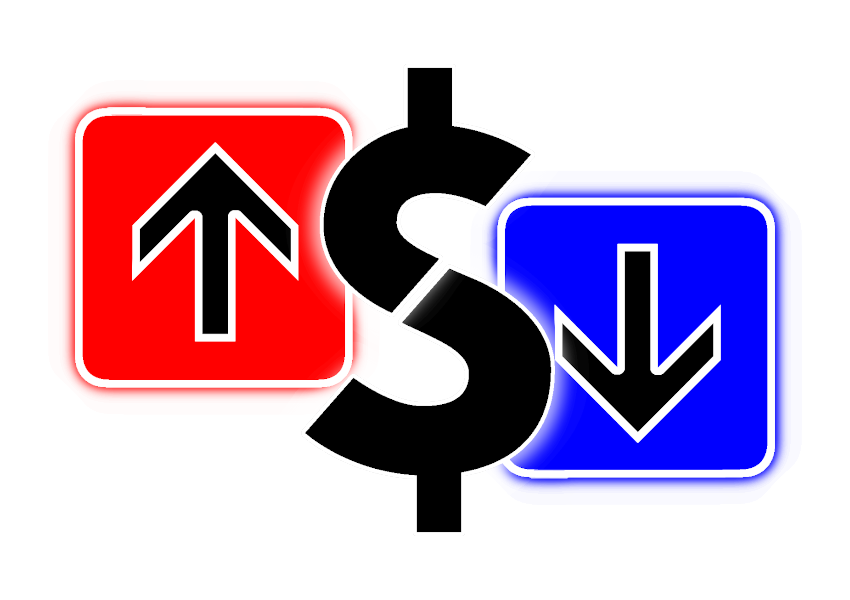

The problem with certain sectors of the economy being privatized is the misalignment of incentives. This misalignment is in what behavior, actions, and outcomes are incentivized against what we as a society desire as behavior, actions, and outcomes. This can be easily seen in certain fields.
To the provider of health care the incentive is to provide as little care as possible, with costs as cheap as possible while profits are as high as possible. To the general public the desire is to have as much health care as is needed at the lowest expense possible with the highest degree of expertise and quality possible. The desired outcomes are diametrically opposed. If the provider gets 'what they want' the public loses. If the public gets 'what they want' the provider loses.
Here market forces should push costs gradually down and quality gradually up - supply moves toward demand. In a healthy market the cost to consumers would be gradually pushed down, toward the absolute cost. In other words profit margins would become thinner and thinner as firms competed for business.
Instead we see costs to consumers in the US rising while quality of care suffers in absolute terms. This can be seen compared to a country such as France against which the US has 85% of the 'quality' of care while spending over double per capita on the care provided. In other words, France gets better health care for much cheaper in absolute cost than the US.
Another field that has misaligned incentives is the private prison industry in the US. The goal of a private prison is to be as full as possible, while providing the fewest services as possible, using the cheapest labor possible. Private prisons 'want' recidivism to remain high so that the population in prison remains stable or increasing. The industry 'wants' the cost of keeping prisoners to be as low as possible while the price of keeping prisoners remains as high as possible. There is no benefit to reforming prisoners inherent in the established system.
We as US citizens however want well-paid and trained personnel so that they are safe and effective. We want services that will help reduce recidivism. We want prison populations low, due to lower recidivism so that people are re-integrating into society as reformed offenders. We want the price of keeping prisoners to remain as low as possible while still achieving the two goals of punishment for and reforming of prisoners.
Contracts with private prisons could be modified to reflect society's desires such as a bonus structure for reducing recidivism. However, the goals and desires of the two groups - the industry and the public at large - will never be fully aligned simply due to the profit motive.
In both the listed cases normal market forces fail to 'work properly'. With health care there is limited pressure on price as people will pay nearly any cost to remain alive or to keep their loved ones healthy and living. As an example, a parent is unlikely to compare ambulance and hospital admittance prices against predicted outcomes when their child lies wounded in the street after being hit by a car. They will want the fastest service to the closest facility, price a consideration only after their child is in the system being cared for.
In regards to prisons unless we have multiple facilities competing for the same prisoners, with incentives to reduce recidivism, there is no active competition to bring market forces to bear. When the only competition is during the contracting stage we have delays and lags in competitive adjustments to the total costs to society. As a firm that loses out on a contract thus has no income, it also leads directly to monopolistic tendencies in the field as a whole.
In both these cases, lest we forget, we have also introduced a layer of cost, in profits to the private firm operating or owning the facility, that would otherwise be absent in a directly State funded facility. In regards to absolute cost we should be able to get 'more' out of each dollar spent if we eliminate the profit layer that is extracted out.
In other sectors of the economy markets work. They work clearly and somewhat effectively. When purchasing a television, for example, your dollar gets you bigger, better, and more advanced televisions year on year. The industry pushes advancements and costs remain stable or come down - we generally get 'more for less', or the same cost, as time goes on.
However, other fields simply do not function properly in a market. Whether due to misaligned incentives or simply market forces failing to work properly in creating a healthy market.
We need to closely examine the incentives and desired outcomes of all stake holders as we consider whether to privatize certain industries or fields. Or when we consider keeping certain fields and industries privatized. We must be alert for incentives and priorities that run counter to our desired outcomes as a society and people.